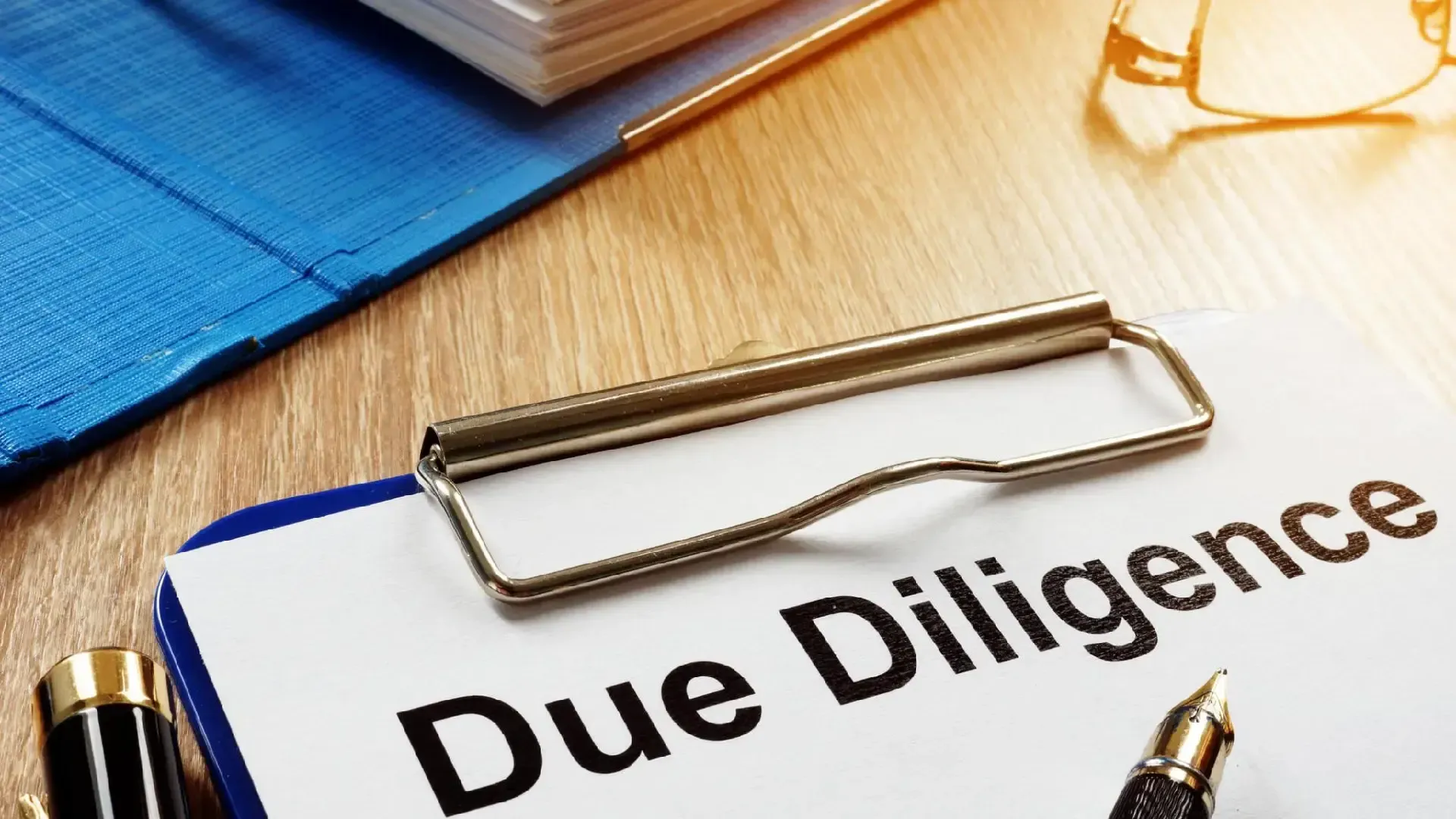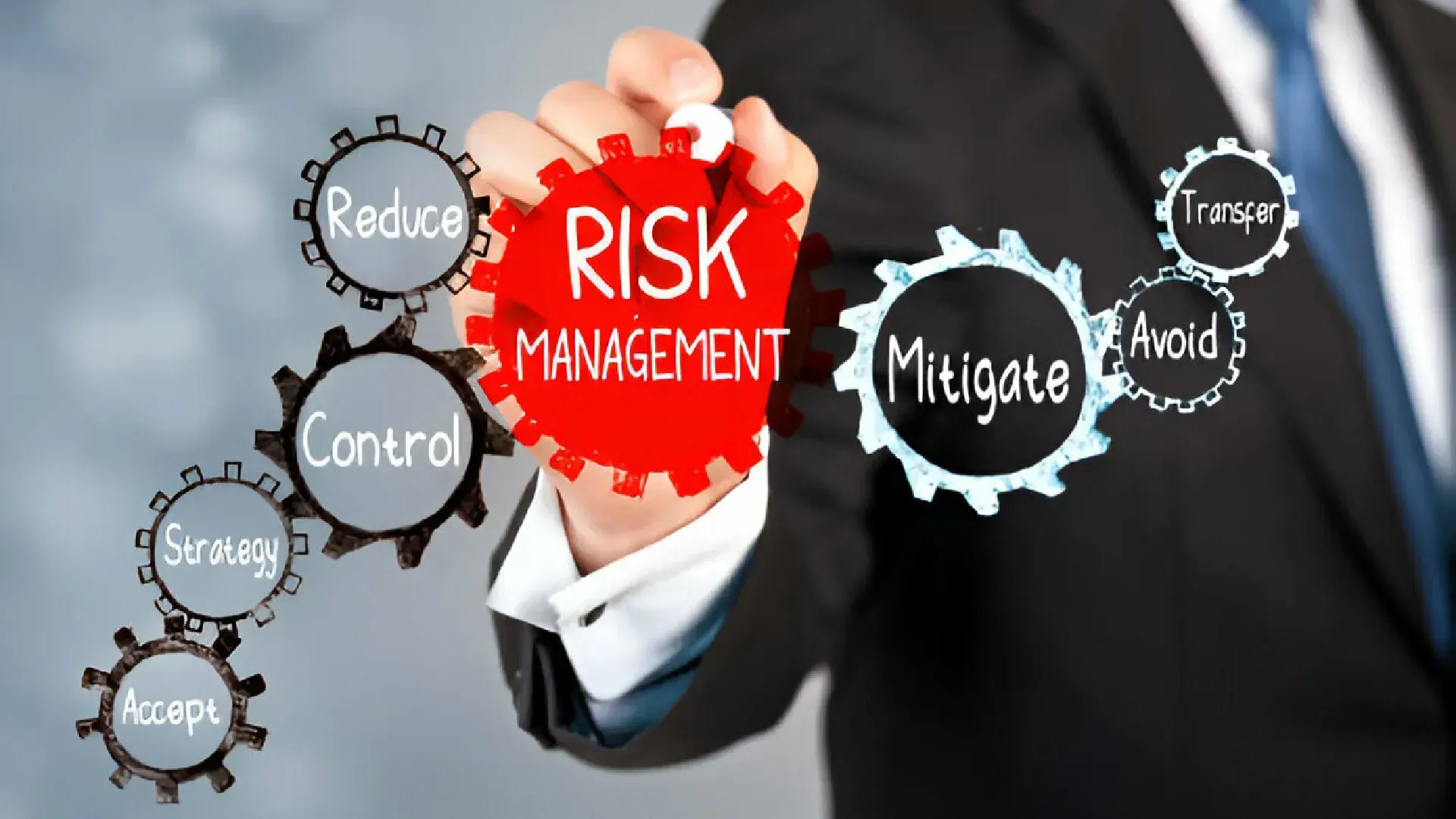The Essential Due Diligence Checklist for Real Estate Money Lenders

In the realm of real estate financing, money lending has emerged as a popular option for investors seeking swift access to capital. Whether you're a seasoned lender or considering venturing into this lucrative domain, one critical aspect cannot be overlooked—due diligence.
Amidst the dynamic landscape of real estate, conducting thorough due diligence is paramount to mitigate risks and maximize returns. Here, we present a comprehensive checklist tailored for private money lenders embarking on real estate deals.
Understanding Market Dynamics
- Market Analysis: Evaluate the local market trends, including property values, rental yields, and demand-supply dynamics.
- Economic Indicators: Assess macroeconomic factors such as employment rates, GDP growth, and interest rate trends influencing the real estate market.
- Regulatory Compliance: Stay abreast of local zoning laws, building codes, and any legal requirements governing real estate transactions.
Assessing Borrower Viability
- Creditworthiness: Scrutinize the borrower's credit history, debt-to-income ratio, and overall financial stability.
- Experience and Track Record: Evaluate the borrower's experience in real estate investments and track record of successful projects.
- Exit Strategy: Understand the borrower's plan to repay the loan, including potential refinancing or property sale strategies.
Property Evaluation
- Appraisal: Conduct a comprehensive appraisal to determine the property's fair market value.
- Physical Inspection: Engage professional inspectors to assess the property's condition, identifying any structural defects or maintenance issues.
- Title Search: Verify the property's title to ensure there are no liens, encumbrances, or legal disputes affecting ownership.
Risk Management
- Loan-to-Value Ratio: Calculate the loan-to-value (LTV) ratio to assess the risk exposure relative to the property's value.
- Risk Mitigation Strategies: Implement risk mitigation measures such as requiring higher down payments or collateral to safeguard against potential defaults.
- Contingency Plans: Develop contingency plans to address unforeseen circumstances such as market downturns or borrower defaults.
Legal and Documentation
- Loan Documentation: Prepare comprehensive loan documents outlining the terms, conditions, and obligations of both parties.
- Legal Counsel: Seek legal advice to ensure compliance with relevant laws and regulations, and to mitigate legal risks associated with the transaction.
- Insurance Coverage: Secure appropriate insurance coverage to protect against property damage, liability claims, and other unforeseen events.
Ongoing Monitoring
- Loan Servicing: Establish a system for timely collection of loan payments and monitoring of borrower performance.
- Market Surveillance: Continuously monitor market conditions and regulatory changes that may impact the investment's viability.
- Communication: Maintain open communication channels with borrowers to address any concerns or issues promptly.
Conclusion
In the dynamic landscape of real estate investment, due diligence serves as the bedrock of success for private money lenders. By meticulously evaluating market dynamics, borrower viability, property attributes, and risk factors, lenders can mitigate potential pitfalls and capitalize on lucrative opportunities.
Adhering to this comprehensive due diligence checklist not only safeguards investments but also fosters trust and credibility among borrowers and stakeholders. In the ever-evolving realm of real estate finance, diligent preparation and prudent decision-making are indispensable for sustainable growth and long-term success.






